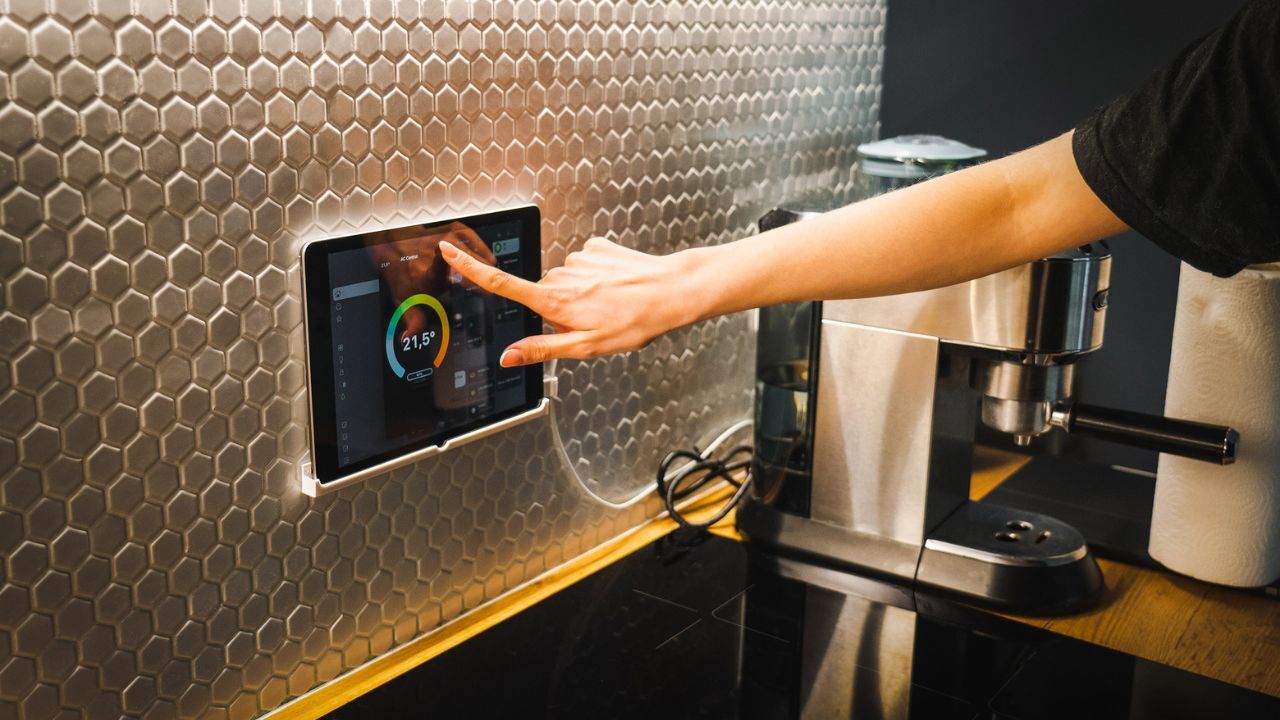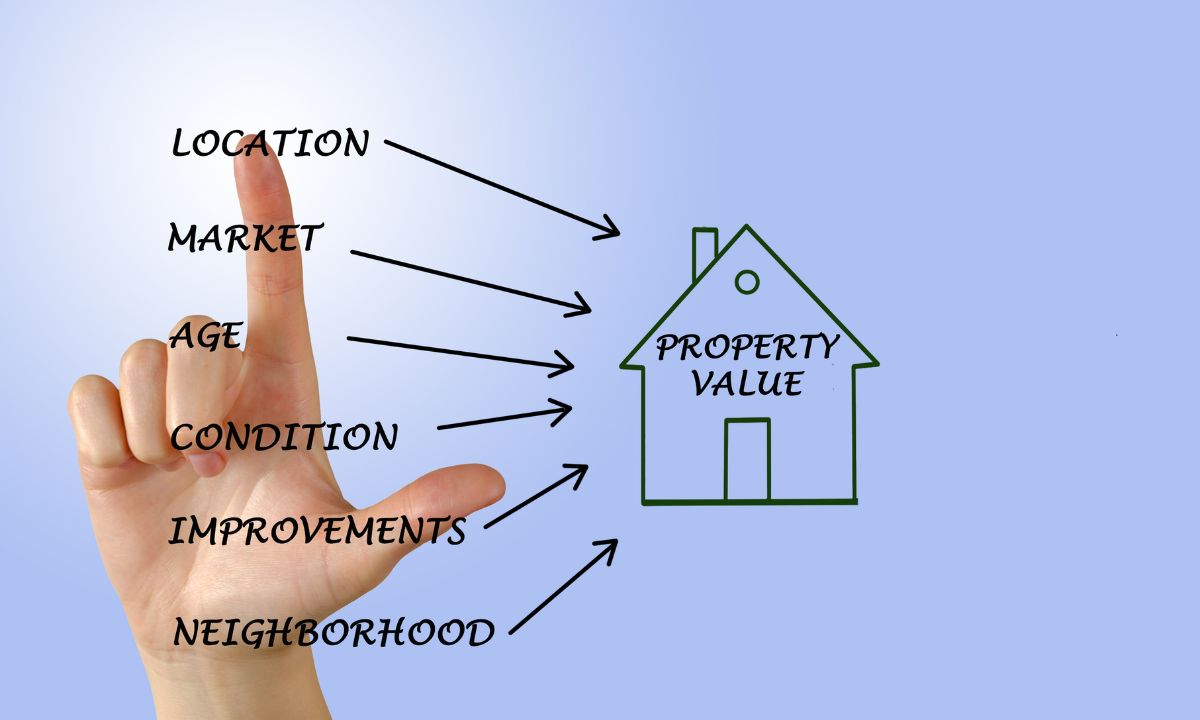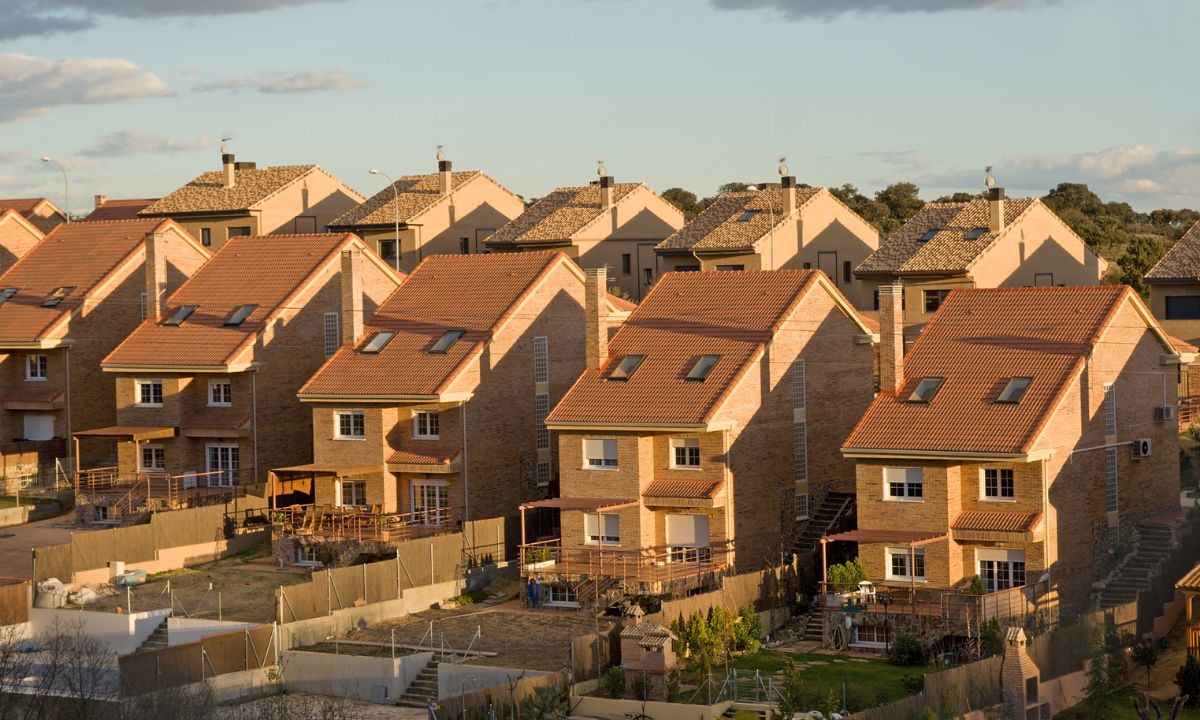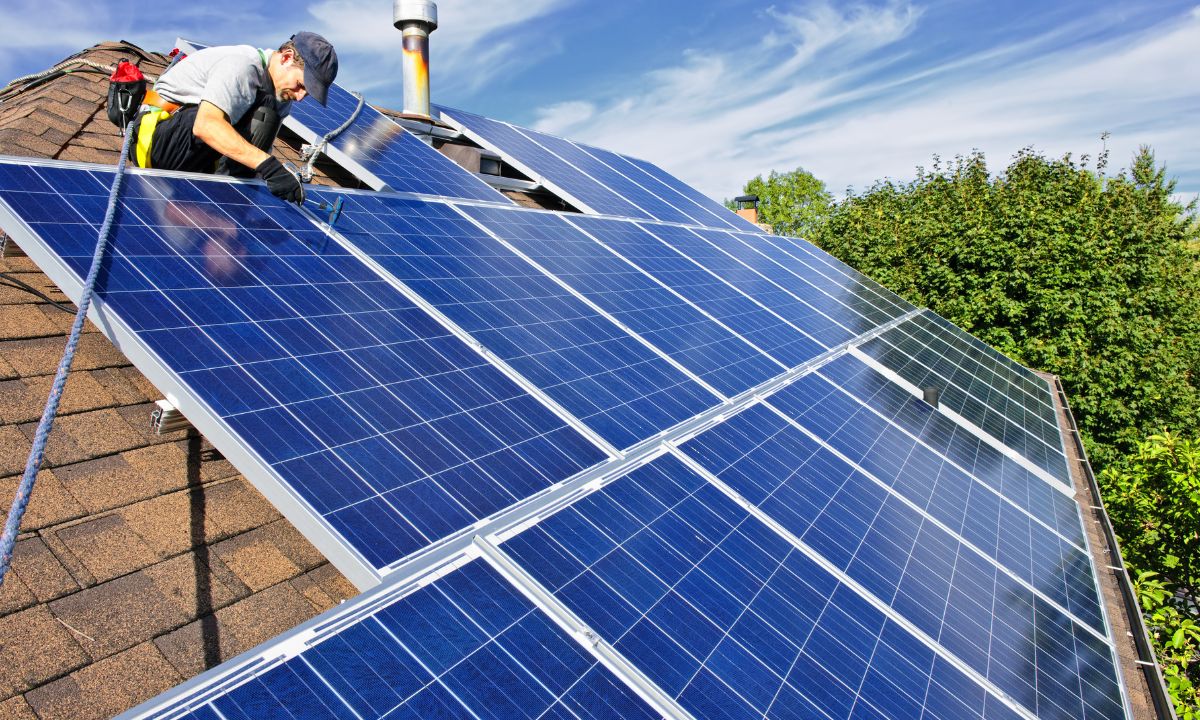 Smart Thermostats
Smart Thermostats
A smart thermostat is one of the most popular smart home upgrades. These devices allow homeowners to control heating and cooling remotely using a smartphone. Smart thermostats can learn your preferences over time, helping you save energy and reduce monthly utility costs. Buyers appreciate the combination of convenience and efficiency that smart thermostats offer, making them a worthwhile investment when preparing your home for sale.
Security Systems with Cameras
Modern security systems do more than sound alarms. Systems with cameras, motion detectors, and remote access features help homeowners monitor their property from anywhere. Potential buyers find these systems reassuring, especially those with families or frequent travelers. Installing a smart security system can enhance your home s value by adding a sense of safety and control.
Smart Lighting
Smart lighting systems allow you to adjust brightness and even color temperature through a smartphone app or voice command. You can create mood lighting or set schedules for lights to turn on and off automatically. Buyers are drawn to smart lighting because it adds both luxury and practicality. Motion-activated outdoor lighting can also improve security, which increases your home’s appeal.
Smart Locks and Doorbells
Smart locks eliminate the need for physical keys. Homeowners can unlock their doors using their smartphones or unique access codes, which makes managing access easier and more secure. Paired with video doorbells, these devices let homeowners see and speak with visitors, even when they are away. Buyers view these upgrades as modern essentials, adding both convenience and peace of mind to any home.
Whole-Home Smart Integration
Integrating various smart devices through a centralized system can significantly enhance your home s value. Voice-activated assistants and smart hubs allow homeowners to control lighting, climate, security, and entertainment from a single device. This level of control and customization appeals to tech-savvy buyers and can help your property stand out in a competitive market.
Adding smart home features is not just about modernizing your living space. It is about offering potential buyers a lifestyle of convenience, efficiency, and security. If you are considering upgrades before selling your property, focusing on these five smart home features can make a noticeable difference in both buyer interest and property value. Be sure to consult your real estate agent for advice on which upgrades would be most beneficial in your local market.
 As a homeowner or potential buyer, understanding what truly influences a property’s value can help you make informed decisions. Whether you’re selling your home or planning to purchase, knowing the factors that impact property value can put you in a stronger negotiating position and help you maximize your investment.
As a homeowner or potential buyer, understanding what truly influences a property’s value can help you make informed decisions. Whether you’re selling your home or planning to purchase, knowing the factors that impact property value can put you in a stronger negotiating position and help you maximize your investment. When buying a home, it’s easy to focus solely on the property itself—square footage, curb appeal, layout, and finishes all tend to grab our attention. But what happens outside the property can be just as impactful, especially when new developments are underway nearby. Whether it’s the construction of a new shopping center, school, or transit line, nearby developments can significantly influence property values, sometimes raising them and, in certain situations, leading to complexities. Here’s how developments around your property might shape its value and tips on researching these projects before making a decision.
When buying a home, it’s easy to focus solely on the property itself—square footage, curb appeal, layout, and finishes all tend to grab our attention. But what happens outside the property can be just as impactful, especially when new developments are underway nearby. Whether it’s the construction of a new shopping center, school, or transit line, nearby developments can significantly influence property values, sometimes raising them and, in certain situations, leading to complexities. Here’s how developments around your property might shape its value and tips on researching these projects before making a decision. Home upgrades not only enhance your living experience but can also significantly boost your property’s value. Whether you’re looking to enjoy your home for years to come or planning to put it on the market, certain improvements can offer substantial returns on investment. Here are the top five home upgrades that are proven to increase your home’s value and appeal.
Home upgrades not only enhance your living experience but can also significantly boost your property’s value. Whether you’re looking to enjoy your home for years to come or planning to put it on the market, certain improvements can offer substantial returns on investment. Here are the top five home upgrades that are proven to increase your home’s value and appeal. There are many people who are thinking about refinancing their homes. For example, some people may be interested in reducing their monthly payments, while other people may be interested in tapping into the value of the home to fund a home improvement project. What is the relationship between property values and refinancing? There are several important points to keep in mind.
There are many people who are thinking about refinancing their homes. For example, some people may be interested in reducing their monthly payments, while other people may be interested in tapping into the value of the home to fund a home improvement project. What is the relationship between property values and refinancing? There are several important points to keep in mind.  Property values are a moving target. They are important to buyers and sellers because everyone wants to get the best deal possible. Sellers want to get as much money for their investment while buyers do not want to overpay for a home. There are a lot of factors that play a role in property values including the economy, the number of people looking for homes, new home construction, schools, the job market, and more. How do real estate agents estimate the value of a home?
Property values are a moving target. They are important to buyers and sellers because everyone wants to get the best deal possible. Sellers want to get as much money for their investment while buyers do not want to overpay for a home. There are a lot of factors that play a role in property values including the economy, the number of people looking for homes, new home construction, schools, the job market, and more. How do real estate agents estimate the value of a home? What can be done with a house that is just perfect but it is in a bad neighborhood or a dangerous spot? Think about homes that are in decent condition; yet, too close to the water. America is experiencing flooding now that is not supposed to happen in 500 years.
What can be done with a house that is just perfect but it is in a bad neighborhood or a dangerous spot? Think about homes that are in decent condition; yet, too close to the water. America is experiencing flooding now that is not supposed to happen in 500 years. Home improvements are key investments when it comes to quality of life and property value. While decks, solar panels and smart technologies are trendy options, installing a home generator may be even more valuable. That’s because backup generators not only improve market value, they also protect you and your home during severe weather incidents.
Home improvements are key investments when it comes to quality of life and property value. While decks, solar panels and smart technologies are trendy options, installing a home generator may be even more valuable. That’s because backup generators not only improve market value, they also protect you and your home during severe weather incidents.